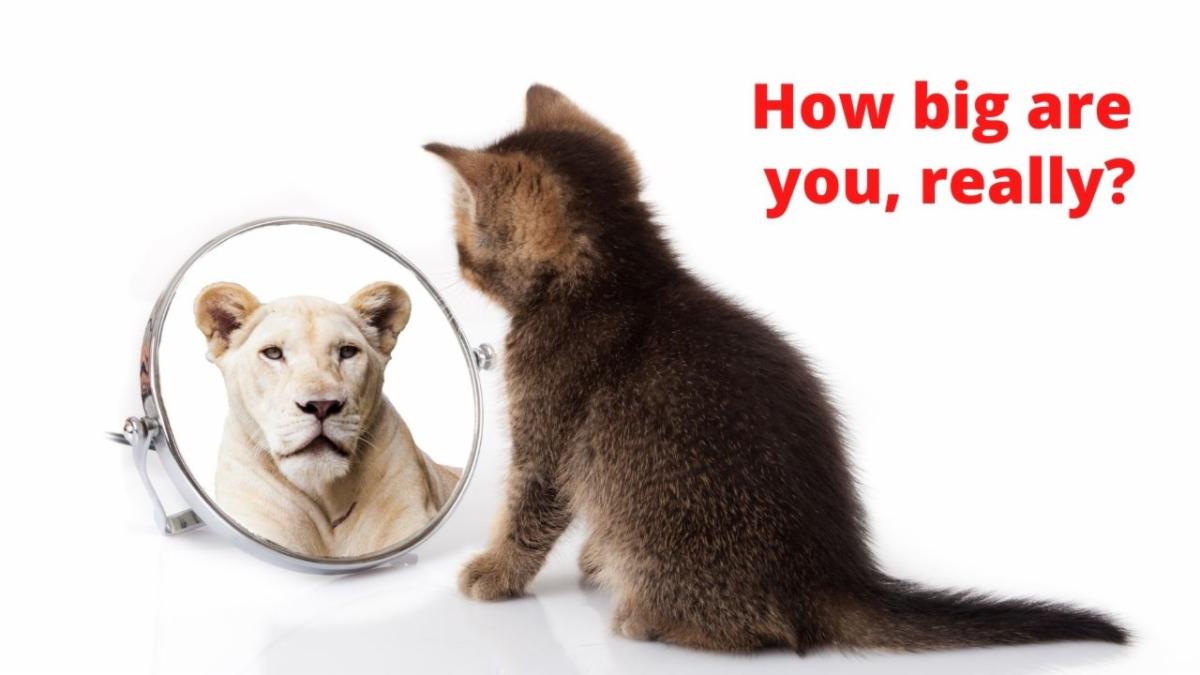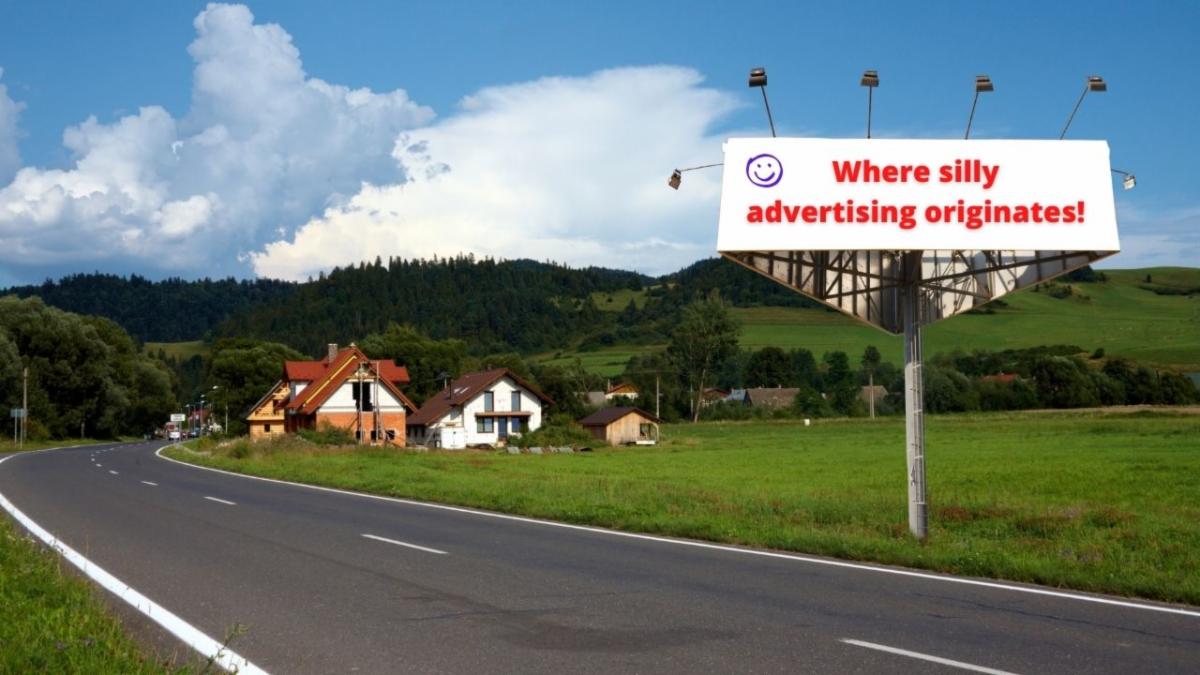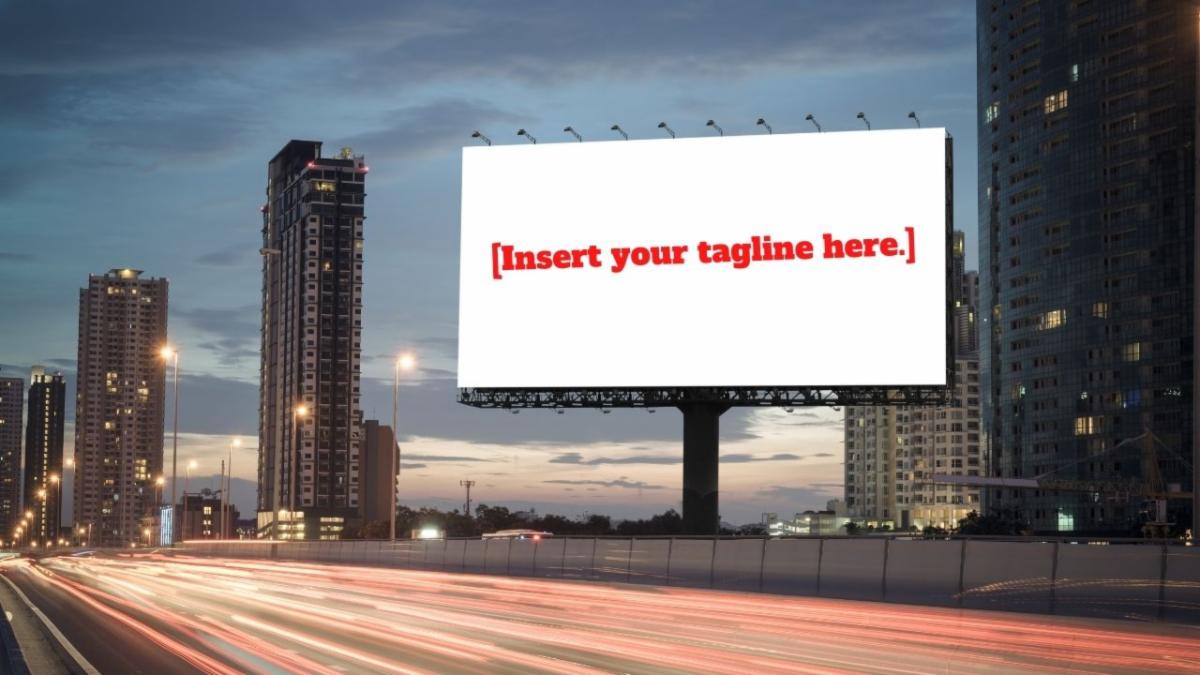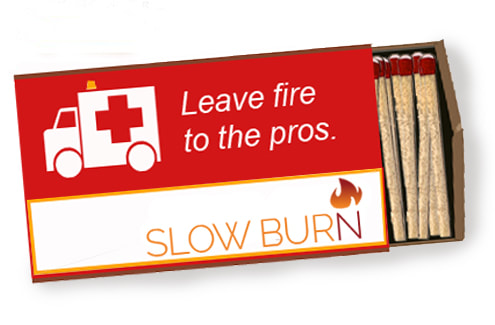|
Why is the word of the month “Apathy”?
I do not know. Nor do I care. See what I did there? No? Oh, well. I’m presently perched upon a chair I do not own. I’m sitting in a VRBO rental on the Mississippi Gulf Coast. Outside the window next to me, the bird song is going hog wild. And I don’t even care that the preceding phrase pushes me halfway to a mixed metaphor. Back here in the gnarled old-growth trees beneath a glorious cerulean sky that’s as blue as blue gets until you start paying big money for glorious sapphires the size of paperweights, this hog-wild birdsong glory is free. Free, free, free! Well, it’s “free” in that the VRBO landlord is not charging extra. You still require the credit card it takes to book a Gulf Coast VRBO rental that has old growth trees in the back yard. But I digress. And still, I care not a whit nor a whipporwill. I’m also apathetic that the now-Oscar-winning film Nomadland and the fearsome Frances McDormand do not clearly have an agenda to make Amazon look like The Great Satan of American business. If I weren’t so apathetic, I might care more that Nomadland isn’t even much of a story. But since Nomadland (as The Bard would say) is to hold, as 'twere, the mirror up to nature vis á vis American behavior here in the first quarter of the 21st century where nobody speaks in Elizabethan English any more, I accept Nomadland as art. And art doesn’t care what I think, so why should I waste any energy on the alternative? I’m even apathetic that none of what precedes this sentence makes much sense. But what is apathy? Funny you should neither ask nor care. Apathy is a lack of feeling. A lack of emotion. It is about harboring neither interest nor concern about something. Apathy is a state of indifference. To that, I say, Meh. Much more interesting is that the word “apathy” is derived from the Greek "ἀπάθεια." Does that word even look like Greek to you? It does to me. But that all probably depends upon one’s computer and whether it cares to display characters of the Greek alphabet. But in translation to English and the Latin alphabet (if you care), that word in Greek is “apatheia,” which comes from the Greek root “apathēs,” which means "without feeling." If you remember your “A” prefixes from that day in middle school where you slept through English class, you know but may not care that the letter “A” means "without” or “not." And if you’re familiar with the word “pathos,” which means “emotion,” you might care (or not) to deduce that “apatheia” means "without emotion." Wikipedia (again!) tells us it is important to not confuse the two terms “apathy” and “apatheia.” That’s because somebody was somnambulant at the switch that day in The Clarity Division of the Greek-To-English Root Words Department. They clearly did not care that “absence of emotion” or “absence of passion” in the guise of “apatheia” was used by those laugh-a-minute Stoics to signify a desirable state of indifference towards events and things which lie outside one's control. Can’t do anything about it? Just don’t care! You see, the Stoics believed that their school of philosophy offered monthly subscribers a much better way to live. All things around us are exterior! We cannot control them! Be responsible only for your own representations and judgments! In other words, apatheia is a virtue. But apathy as we know it in our culture is a bad thing. In fact, Christianity decries apathy as a deficiency of love and devotion to God and His works. And that leads us down the slippery slope to Sloth, which (as we all know but often don’t care) is one of the Seven Deadly Sins. So, depending upon your stance, my morning apathy amidst the birdsong here at the edge of a white sand beach in the magnolia state is either spiritually abhorrent or philosophically commendable. Also, you probably don’t care. Good for you. Cheers, Blaine Parker Your Lean, Mean Creative Director in Park City LIGHTNING BRANDING ON AMAZON The Kindle edition of our new book is now available at Amazon for the bargain price of $19.95. For details about our new Lightning Branding courses, both do-it-yourself and we-do-it-with-you editions, click here. (There's even a video of us!)
0 Comments
“Everybody already knows what we do.”
Unless you are Roto-Rooter, Chevrolet or Hostess, that statement is a bald-faced lie. Please, do not make this mistake born of hubris—a fitting word, as it has its roots in Greek tragedy. In fact, I went to The Source Of All Knowledge, Wikipedia, for a quick lesson in Hubris. Seems it describes the following: …a personality quality of extreme or foolish pride or dangerous overconfidence, often in combination with (or synonymous with) arrogance. The term "arrogance" comes from the Latin adrogare, meaning to feel that one has a right to demand certain attitudes and behaviors from other people. Hmm. I’ve seen that before. That actually describes a whole lot of what has been happening in American politics over the last few years. But for the moment, let’s stick with marketing. The hubris of which we’re speaking regards a kind of attitude that one is immune from doing smart things. For more than a decade, I made my living writing radio advertising for businesses of all sizes, from local garage-door companies to GEICO. Frequently, when an advertiser was struggling, it was largely because they were unbranded. They would invariably be offering a “me-too” parity product or service. There would be no clear brand and no clear way that the prospect was supposed to feel about the business. The solution would be simple enough. I would suggest solidifying the brand position and running a branding campaign that gives the advertiser a higher profile and a clear position. The response was often, “That’s not necessary. Everybody already knows who we are.” That might be one of the most self-aggrandizing attitudes imaginable when you’re the same person who’s saying, “The advertising isn’t working.” In the course of a busy day in a busy life, who can possibly make room for every advertising message from every advertiser who wants the prospect to care as much as they do about what they sell? But, you know what most people can make room for? An advertiser who’s surprising, who commands attention, and who wants us to know what they stand for. If I’m not in the market for a car, your car dealership’s great prices this week only are irrelevant to me. But if you make me believe that your car dealership is like a club for your customers who drop in just to say hi, and you have legions of ecstatic fans up and down the state, I might think, “Wow. I need to go there when I’m ready for another car.” One reason I’m addressing this problem right now is that it’s epidemic across this nation. Having driven several thousand miles in the last three weeks, I can’t tell you how many times I’ve seen this: A big billboard. A silly headline. A visual joke. A non-descript business name. And zero idea of what the advertiser sells, how I’m supposed to feel about them, and what they think they’re accomplishing with that billboard. Saw one today. A silly word. A goofy guy in a superhero outfit. A smiling woman. And no other information. Hunh? There’s a guy in my home state who has billboards with his name and the tagline, “One call, that’s all.” It took me years to figure out the guy was a personal-injury attorney. That’s because I finally saw one of his TV commercials. “But everyone knows what I do. The billboards are just supporting the TV that everyone knows.” Dude, not everyone knows. The irony here is that I’ve often compared an advertisement to an argument in a court of law. Present a case that makes the prospect feel the right way, and they’ll decide in your favor. If your advertising is struggling, or if your client’s advertising is not working, back away from the hubris. Do not end up in a Greek tragedy that ends with a plummet from grace because someone believes they’re above good strategy. Traditional media are struggling. Advertising is a struggle. The world is more competitive than ever. And there is no competitive edge in hubris. Not everyone knows wo you are. But everyone is desperate for something to believe in. Cheers, Blaine Parker Your Lean, Mean Creative Director in Park City LIGHTNING BRANDING ON AMAZON The Kindle edition of our new book is now available at Amazon for the bargain price of $19.95. For details about our new Lightning Branding courses, both do-it-yourself and we-do-it-with-you editions, click here. (There's even a video of us!) Word Of The Month: Vernacular!
This is the tagline from a roadside advertisement. A local diner boasts: “Where good food originates!” Know what I love about this tagline? The same thing I love about the word “vernacular.” No customer will ever use those words. Never. "Vernacular" is a fancy word for the idea of, “How folks say it round these parts.” The only person I can remember ever using the word “vernacular” was one of my college professors. It was part of his personal brand. He was a little, bald, German man who wore tinted glasses and stank of chocolate pipe tobacco. In his delightful, heavily accented English, he loved to condescend to the lowest of his low-level students for whom who was dumbing down the simplest possible course material. During the course of said condescension, one of his favorite phrases was always uttered with ex-cep-tion-ally pre-cise dic-tion: “As we like to say in the vernacular…” Somewhat later, he was indicted for fraud. But I digress. In advertising, "employing vernacular" is a fancy way of saying, “Speak in the language of your customer.” A roadside diner saying, “Where good food originates!” is like Motel 6 saying, “We illuminate your accommodations!” That tagline was probably written by the owner of the diner or someone near him. This person was probably thinking, “How do I make this thing sound clever?” “I know! We can say that this hole-in-the-wall joint in this tiny town in this cozy corner of Appalachia is where good food originates! Done! Phew! Let’s go get us some griddle cakes!” Line up the competition along the highway and decide for yourself. “America’s diner.” “I’m lovin’ it.” “Be your way.” “Where good food originates!” Nope. Fail. Doing something even slightly better doesn’t require deep thought. Let’s assume we can’t come up with a qualifier more evocative than “Good food.” The client says, "That's what people know us for!" It's non-negotiable. How about saying, “Good food for happy travels.” “Good food, fast and friendly.” “Good food for going down the highway.” “Good food that gets you back on the road.” “Good food for getting where you’re going.” In less than a minute, that’s five possible alternatives. None of them are brilliant. But all of them are (yes) vernacular. That means (ahem) speaking to the customer as the customer would speak. Once upon a time, Honey and I were in one of our favorite small towns in the American south. It’s a simple place from a different time. There was a new restaurant in town, a fancy Italian joint with foodie pretenses. We were talking to a local lawyer friend about this new restaurant. We asked him how he liked it. As he took a tipple from his adult beverage, he said in his inimitable southern drawl, “I believe they are firing over the heads of their customers.” “Vernacular” is a word that fires over the head of the customer. “How we speak” might be on the nose, but it’s clear and it leaves the light on for you. If ya know what I mean. Cheers, Blaine Parker Your Lean, Mean Creative Director in Park City LIGHTNING BRANDING ON AMAZON The Kindle edition of our new book is now available at Amazon for the bargain price of $19.95. For details about our new Lightning Branding courses, both do-it-yourself and we-do-it-with-you editions, click here. (There's even a video of us!) King of the crumbling road!
In celebration of President Joe Biden’s The American Jobs Plan, a multi-trillion-dollar initiative to restore the nation’s self-esteem through gigantic infrastructure blender drinks, the Fabulous Honey Parker and yours truly are utilizing the original national infrastructure project that helped Make America Great In The First Place. (MAGIFP! Put that on a hat!) We are grateful that this antique infrastructure project has not collapsed enormous Appalachian mountains upon us upon us nor dumped into the mighty Mississippi River. Honey and I are driving cross country on the Dwight D. Eisenhower National System of Interstate and Defense Highways. You may know that system by its more prosaic name, the Interstate Highway system. Or, as the kids call it... That crumbling stretch of road to nowhere flanked by endless cornfields. One of the great things about the Dwight D. Eisenhower National System of Interstate and Defense Highways is the examples of advertising genius that it offers us. Billboards, billboards, billboards! The only thing more plentiful than billboards is corn stalks! Advertising greats like Howard Gossage and David Ogilvy were notorious for their hatred of billboards. Yet billboards remain, a scourge, a pox, a blight upon the nation’s countryside. So let’s make the best of them and see what genius they have to offer us. For us, today, it is this tagline that came from a billboard in Somewhere, Ohio. Ready? “We’re good at what we do!” I’d love to tell you what that’s a tagline for. But I can’t. I don’t remember. Neither does Honey. What we do remember is reading it, having a great laugh, and then applying it to every possible advertising campaign we could think of. McDonald’s. “We’re good at what we do!” Ford Trucks. “We’re good at what we do!” Legal Zoom. “We’re good at what we do!” Pampers. “We’re good at what we do!” Though, in fairness, maybe the latter should be, “We’re good for what babies doo!” And this tagline has replaced (at least for the moment) our other favorite, all-purpose tagline, to wit... “It doesn’t smell like urine!” That’s the punchline to a long story of advertising from a long time ago in a land far, far away. Yet, it still resonates for us and periodically makes us laugh because we often exhibit the same, sophisticated sense of humor as adolescent children hopped up on Pop-Rocks and Coca-Cola. But I digress. That notwithstanding, roadside advertising lesson of the day is… If your tagline is so generic that it can easily be applied to any business, it’s not a tagline. McDonald’s. “We’ll leave the light on for you.” Ford Trucks. “We’ll leave the light on for you.” Legal Zoom. “We’ll leave the light on for you.” Pampers. “We’ll leave the light on for you.” Doesn’t work on any of ‘em, does it? But when you apply it to a chain of budget motels with a folksy demeanor, things change. And suddenly, you feel better about that cheap motel. Here’s to feeling better about your advertising and infrastructure and national self-worth in the wake of Easter Sunday. More roadside advertising glee to come… Cheers, Blaine Parker Your Lean, Mean Creative Director in Park City LIGHTNING BRANDING ON AMAZON The Kindle edition of our new book is now available at Amazon for the bargain price of $19.95. For details about our new Lightning Branding courses, both do-it-yourself and we-do-it-with-you editions, click here. (There's even a video of us!) |
AuthorBlaine Parker is prone to ranting about any and all things related to brand. In many ways, he is a professional curmudgeon. While there is no known vaccine for this, the condition is also not contagious. Unless you choose it to be so. Archives
February 2022
Categories
All
|
|
© Copyright 2020 Slow Burn Marketing LLC |





 RSS Feed
RSS Feed

